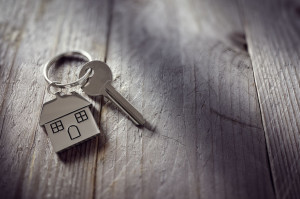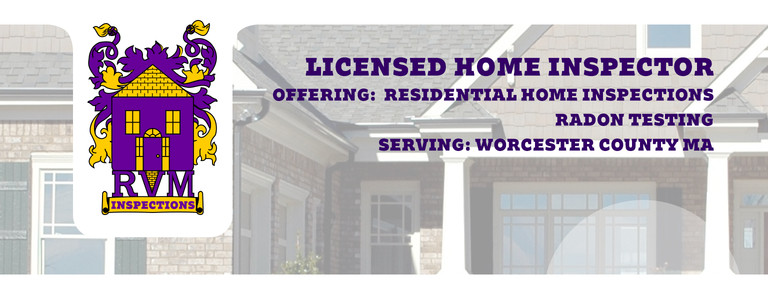 If you’re uncertain if you can meet the standards necessary to secure a conventional mortgage loan, a Federal Housing Administration (FHA) loan might be the right choice for you. It’s a mortgage product backed by the government, which helps borrowers who present higher risks to lenders, whether due to credit scores, down payment amounts, financial resources or other factors. It’s a great option for first-time homebuyers, but it’s an often misunderstood financing option. Here are some common misconceptions about FHA loans.
If you’re uncertain if you can meet the standards necessary to secure a conventional mortgage loan, a Federal Housing Administration (FHA) loan might be the right choice for you. It’s a mortgage product backed by the government, which helps borrowers who present higher risks to lenders, whether due to credit scores, down payment amounts, financial resources or other factors. It’s a great option for first-time homebuyers, but it’s an often misunderstood financing option. Here are some common misconceptions about FHA loans.
The credit-score requirement is hard to meet
Like conventional mortgage loans, FHA loans don’t have a magic credit score that you must hit; each borrower’s situation results in different criteria. That being said, you’re unlikely to qualify for an FHA loan if your credit score is below the 500-580 range, which isn’t an unreasonable standard. And the lower your credit score, the more you’ll likely be required to put down upfront. The FHA program has one of the lowest credit scores and most flexible lending requirements available to home buyers today.
You need a 10 percent down payment
Most borrowers can qualify for FHA loans that require a 3.5 percent down payment. If you can’t come up with the down payment on your own, you may be able to accept gifts from family members or funds from down payment assistance programs.
The Federal Housing Administration lends you money
FHA loans are insured by Federal Housing Administration — the FHA itself does not lend money. You’ll need to work with an FHA-approved lender to guide you through the process.
You can’t pay for repairs
Fixer-uppers are OK! The FHA offers a 203k loan that allows you to borrow the funds for renovation costs as part of your mortgage — one loan, one closing. The amount you borrow is the sum of the home’s price and the estimated price of the repairs. You can use a 203k loan whether you want to take a place down to the studs or just update the bathrooms.
Remember, whichever financing option you choose, you’ll want to make an offer on a home contingent upon a home inspection. There’s no substitute for one! Home inspections can help you purchase with confidence by providing you information about the condition of a home’s heating/coolling system, interior plumbing; electrical system; roof, attic and visible insulation; walls, ceilings, floors, windows and doors; foundation, basement and structural components. You’ll learn a lot about the home you want to buy by attending a home inspection.








